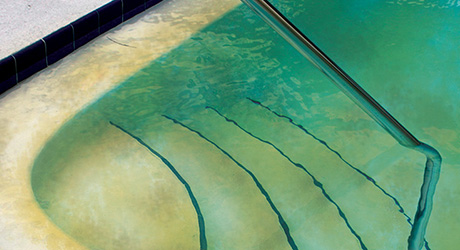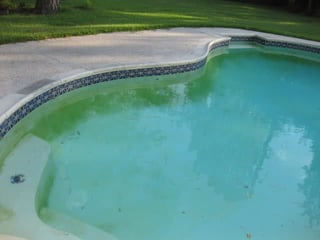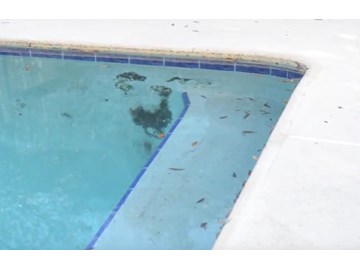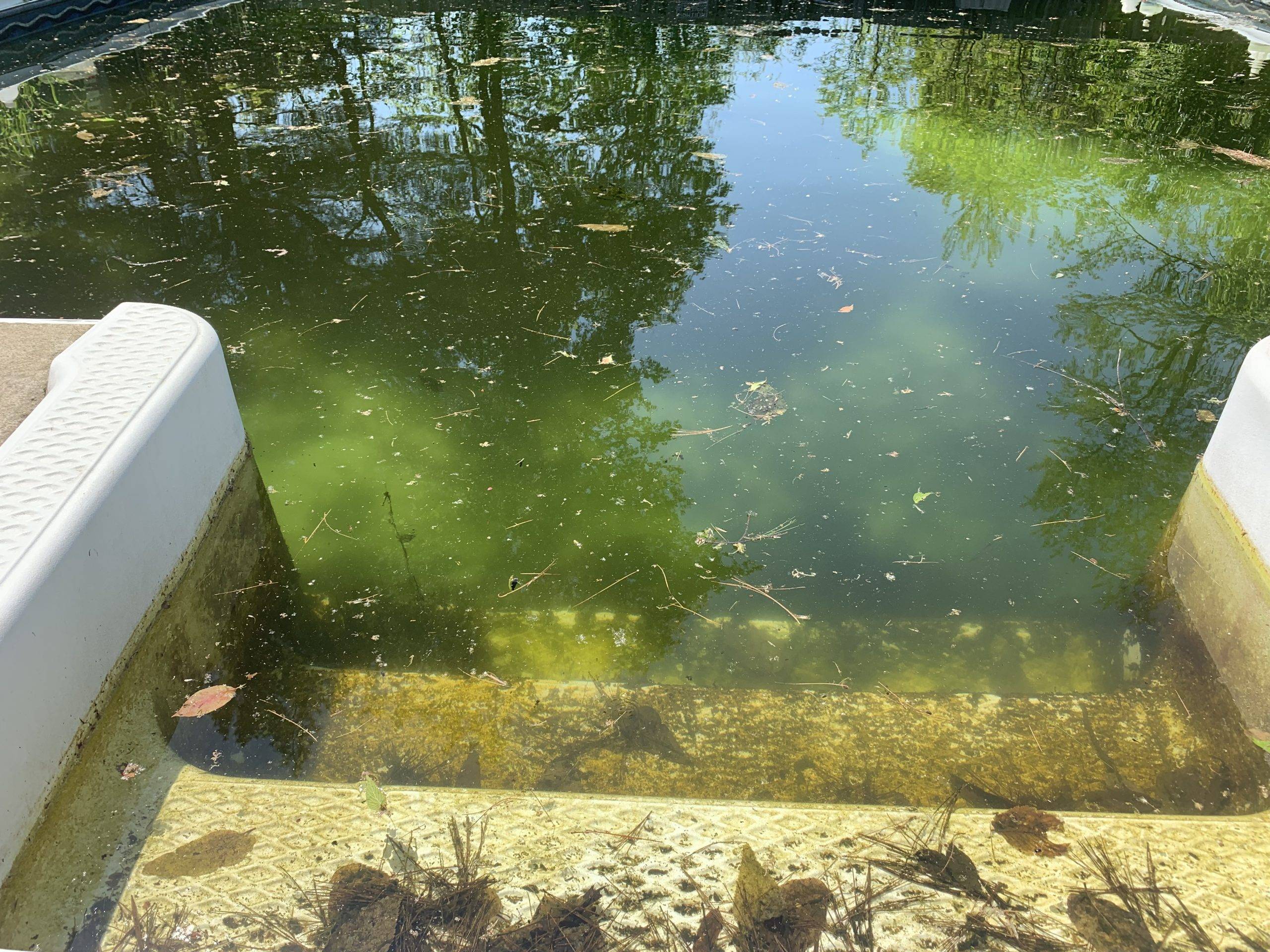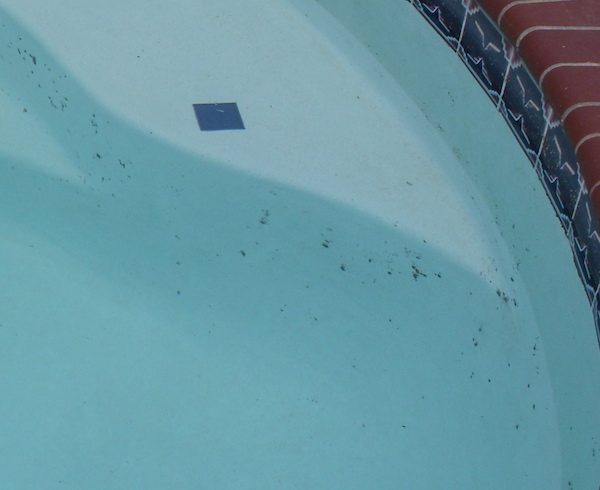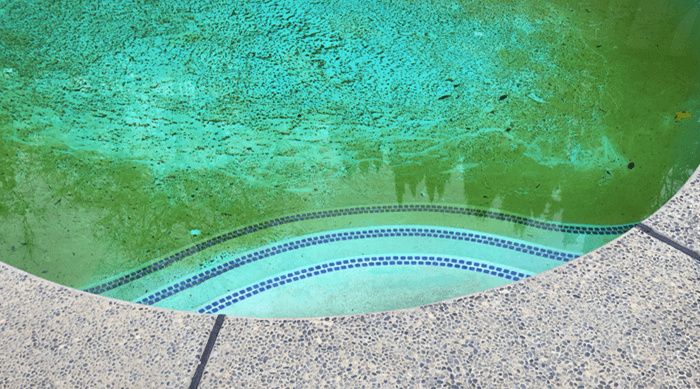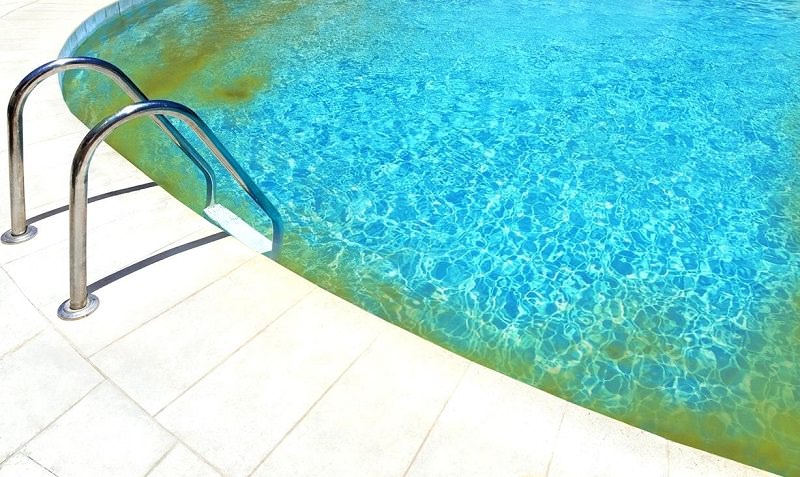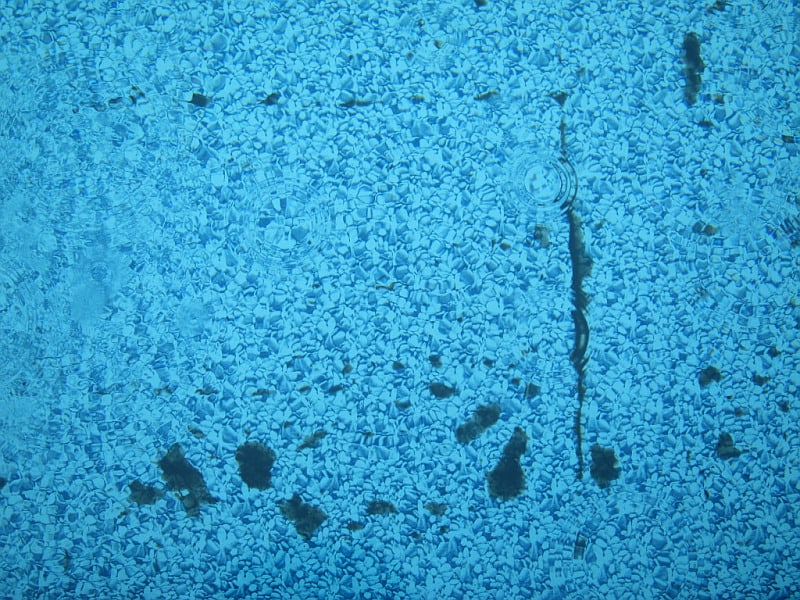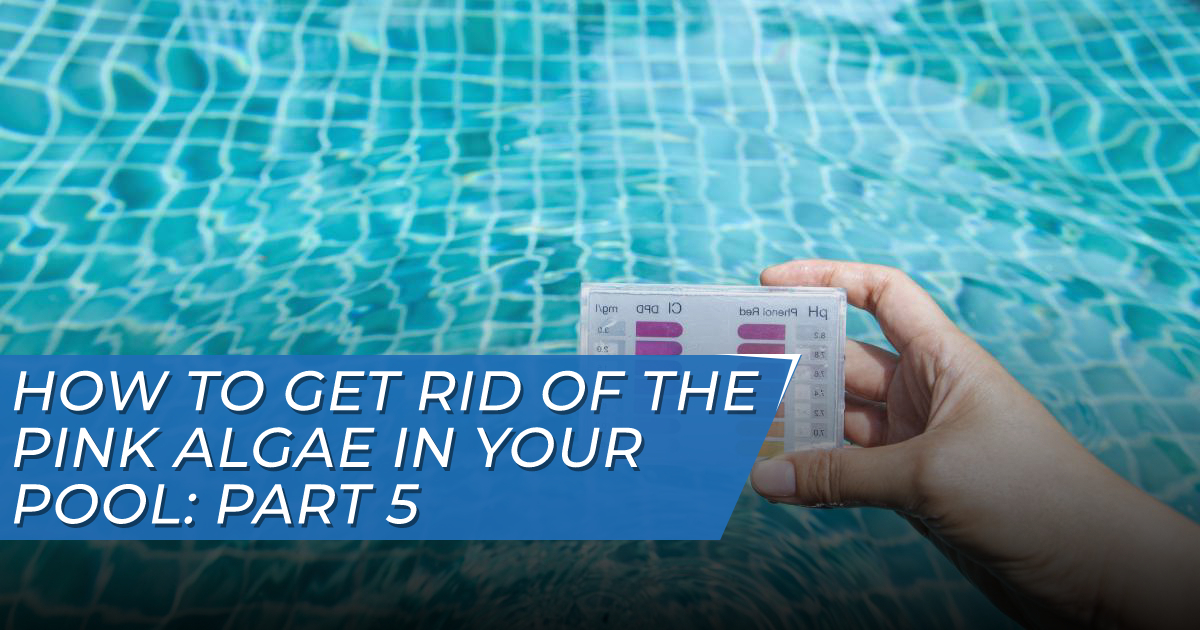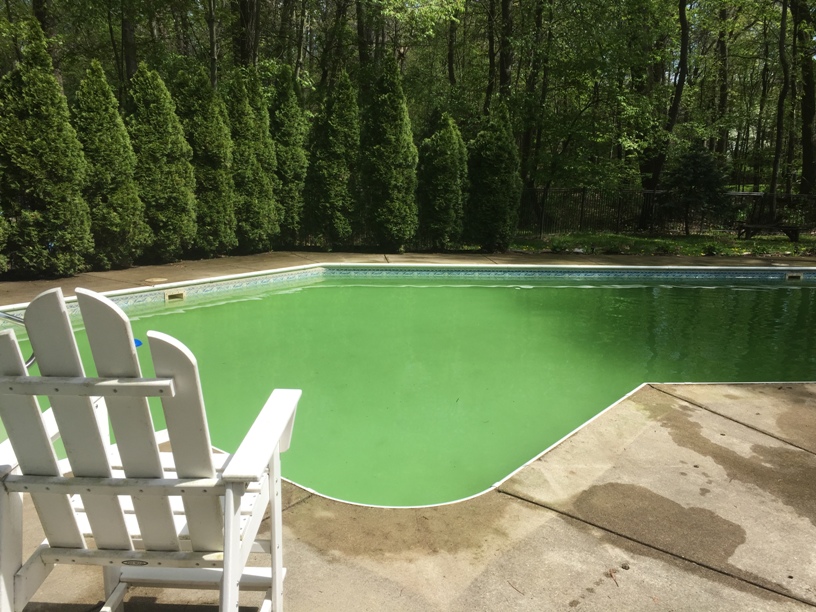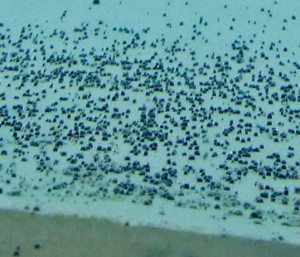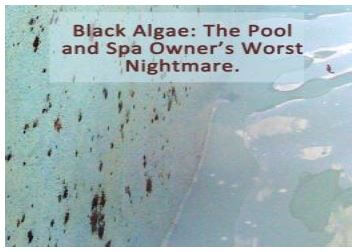Algae Keeps Growing In Pool

Of the more than 21 000 types of algae only about 40 to 50 inhabit swimming pools.
Algae keeps growing in pool. And then there are the kinds that float in the water. The most common reason for algae growth in pools is that it has a low chlorine or its alternative in the pool. Daily testing is ideal especially in the week or two following an algal bloom. An algae bloom occurs whenever there is a significant nutrient imbalance causing the algae to grow out of control.
Although this is definitely a major cause of algae it is not the single contributing factor. How to troubleshoot your pool pump. So if you re fighting algae right now don t be too hard on yourself. It is important that when you treat for algae you submerge your cleaning equipment in the pool.
No we don t kill all the algae. Test the pool regularly for free chlorine levels ph alkalines and cyanuric acid. Some forms of algae actually can ingest calcium which they can find in the water or in the walls of a plastered pool. These spores can survive outside the water for extended periods of time.
Since algae is a plant any small amount of fertilizer that blows in or runs in from nearby lawns and planters will almost certainly cause repeated algae problems. Algae is a one celled plant that can grow in your pool if conditions are favorable and it s a major concern for swimming pool owners. An excellent example of this is yellow commonly called mustard algae. When treating a swimming pool for algae it is important that all parts of the pool receive a dose of algaecide.
Follow the label instructions carefully to dose correctly and your algae problems could be over. Some of the many types of algae can exist outside the pool and will re infest the water when brought back in contact with the water. The faster you catch a problem the easier it will be to deal with it. Algae can occur because of many reasons including.
That is they take in carbon dioxide and release oxygen as a byproduct. When the swimming pool conditions are not well balanced an algae bloom can occur overnight. Always test at least twice a week during the swimming season. You can test your pool water for phosphates with a phosphate test strip about 10 or you can spend about 30 and just go ahead and treat the pool with a phosphate remover chemical.
What causes pool algae. Usually you ll see this algae floating in your swimming pool or on the pool walls potentially causing your entire pool to turn green. Maintain your pool water. Most types of algae won t grow in the dark which is why you usually find algae growing on the sunny side of the pool.
If algae is left untreated algae blooms can form in your pool. It s really easy to brush off and become free floating. Clogged or under performing pumps will create an optimum environment for algae to get comfortable. To be fair algae don t just occur in unhealthy pools.
At least twice a week you should check and clean your skimmers and pump strainers. And kinds that cling to the pool s interior surface. Algae spores may get into the pool through rain wind or contaminated equipment and swimsuits. Algae likes to grow in stagnant water so you need to make sure your swimming pool s water is always circulating.
Green algae is the most common form of swimming pool algae as it grows due to a lack of proper sanitisation and filtration alongside a high ph. Since algae have chlorophyll they use photosynthesis to flourish.
